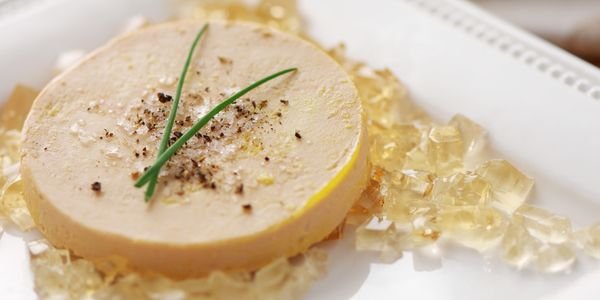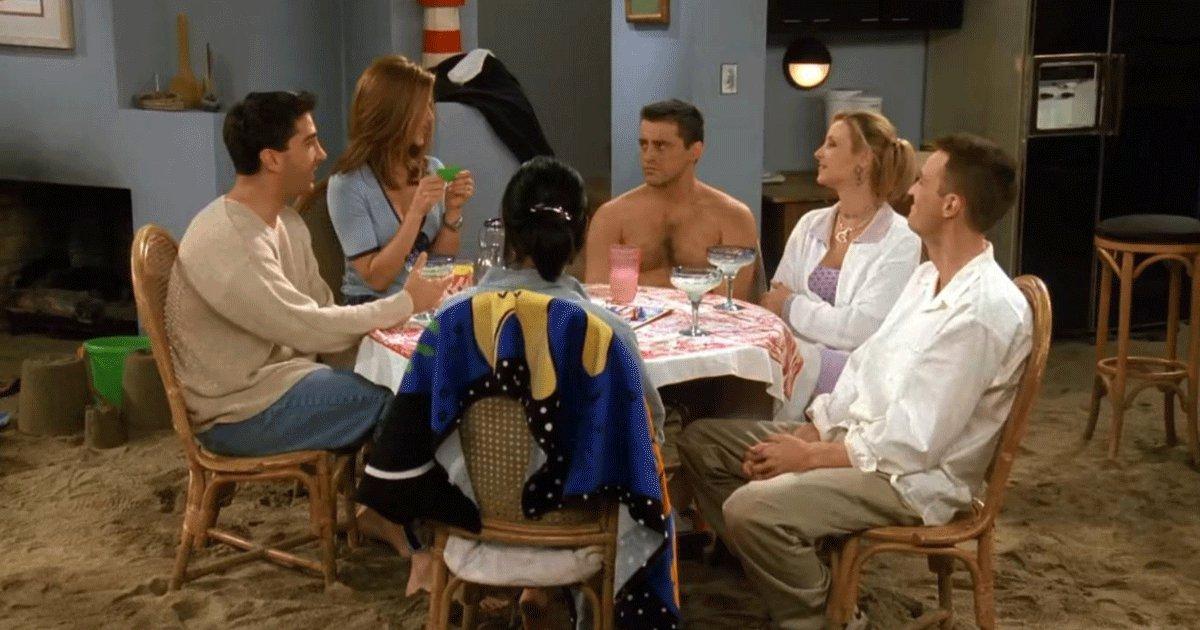Different places around the world have put a ban on different foods, and some of the reasons behind them are actually thought provoking. Are we eating food that is toxic? Or should these countries just be jealous of us?
1. Samosas are banned in Somalia.
A very common snack in India, these triangular fried delicacies are banned in Somalia. The Al-Shabaab leaders find the three sided snack offensive as it resembles the Christian Holy Trinity and the triangular shape is not compatible with their strict Islamic culture.
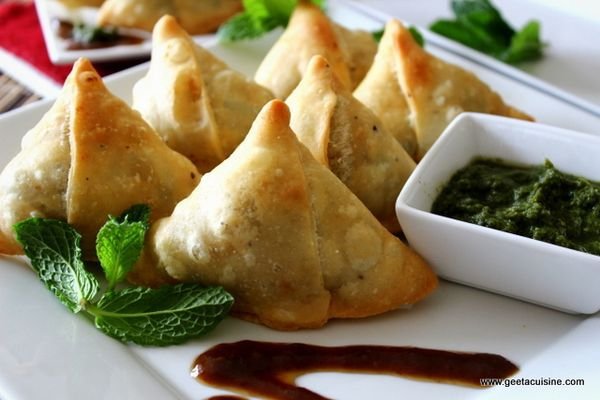
2. Ketchup is banned in primary schools in France.
Our perfect companion to fries and pakoras, ketchup, is banned from primary schools in France. They believe it poses a cultural threat to traditional French cooking among children as it “masks the flavour of whatever they are eating.”
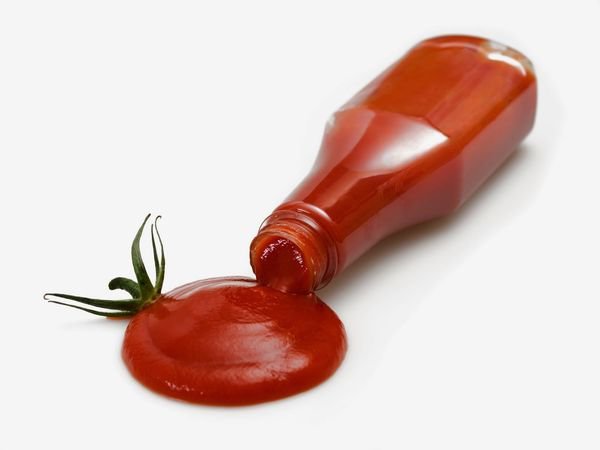
3. It is illegal to sell Kinder Eggs in the USA.
Two of our favourite things as kids in one, chocolate and a surprise gift. Kinder Eggs used to be our favourite. Their import, however, is banned in the United States as they contain a non-edible object embedded in it. It works as a precautionary means as children might swallow the plastic toy. We feel for you America.
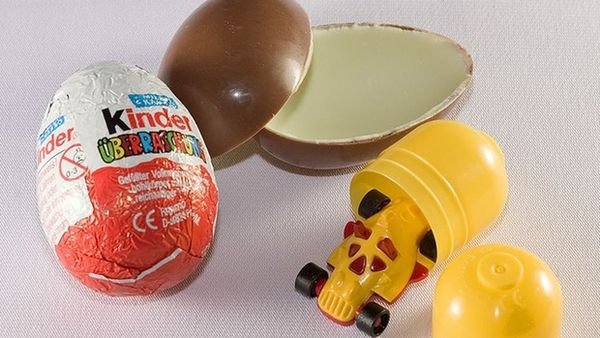
4. It is illegal to chew gum in Singapore, unless prescribed.
Since 2004, Singapore has put a ban on chewing gums and only a few with therapeutic value are allowed. Gums can be purchased through a prescription from a doctor only. If anyone spits gum on the streets, there’s a fine of $500 (Rs.32,000). The reason behind the ban was because of its sticky nature. No wonder Singapore is so clean.
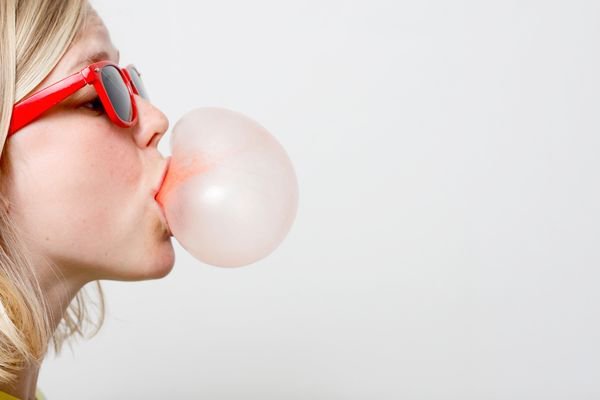
5. Bhang is banned in most parts of the world.
The fact that bhang’s main ingredient is Cannabis, makes this truly Indian drink banned in many parts of the world. India seems pretty chilled out for a moment, doesn’t it?
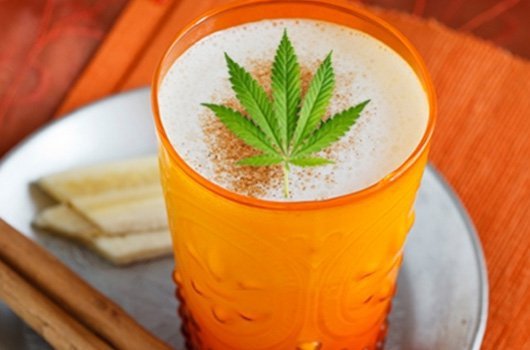
6. Raw almonds cannot be sold in California.
In California, it is illegal to sell raw almonds as it has been proven that they are one of the reasons behind salmonella outbreaks. People infected with salmonella usually develop high fever, diarrhea and abdominal cramps. The almonds need to be pasteurised before they can be eaten. But even after being that, they are labelled as “Raw Almonds”.
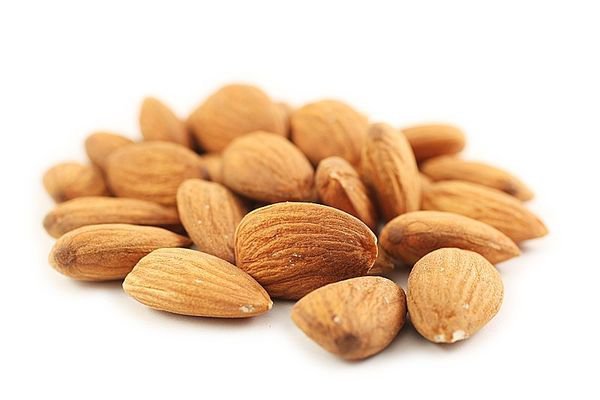
7. Absinthe is banned in US, New Zealand and Canada.
This strong alcoholic drink consists of large concentrations of warmwood, which can lead to hallucinations and violent outbursts, thus affecting mental health. It is therefore banned in the US, New Zealand and Canada.
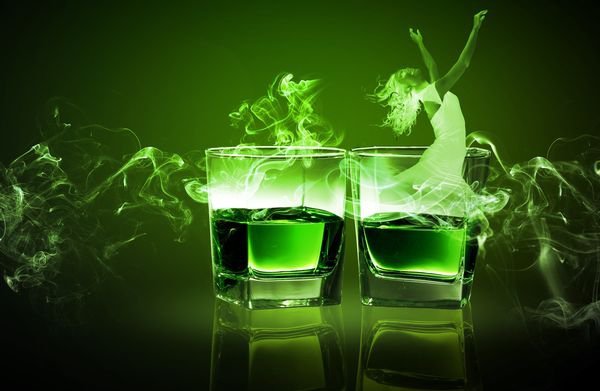
8. BVO, an active ingredient in Mountain Dew, is banned in the EU.
Most aerated citrus flavoured drinks like Mountain Dew, are banned in over 100 countries including the EU. Consumption in high amounts can lead to memory loss, fatigue, loss of coordination, tremors and many more side effects.
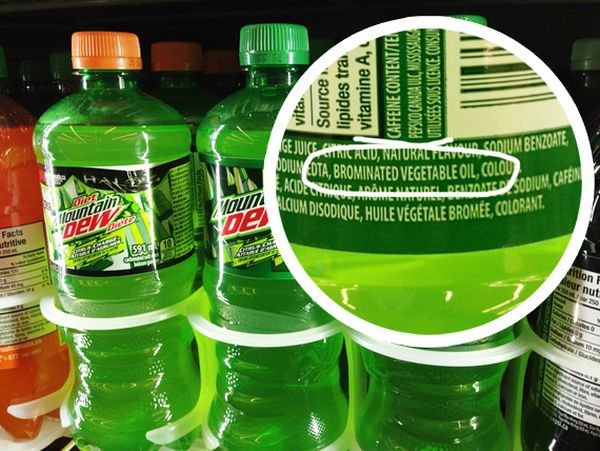
9. Unpasteurised milk and dairy products are banned in USA and Canada
Unpasteurised or Raw Milk is banned in 22 US states and Canada as it holds the threat of causing salmonella, litirosis and other diseases caused by germs. It is however still legal in Europe, Africa and Asia with constant debates from specialists that it is healthy.
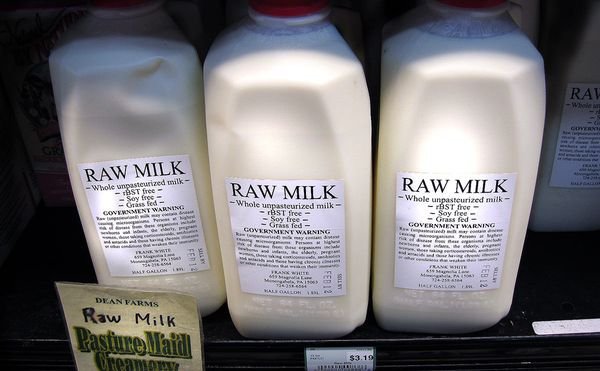
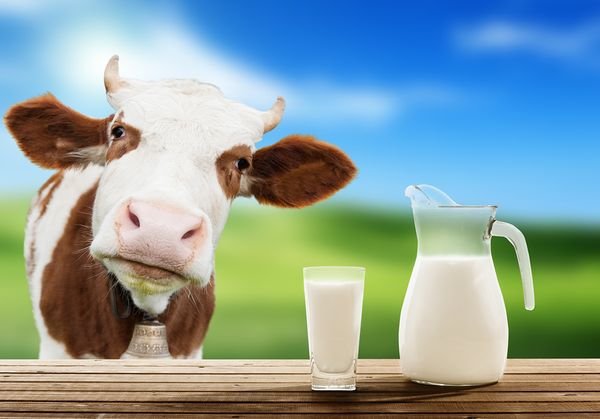
10. Jelly sweets are banned in the EU
Jelly sweets, the gooey, sticky sugary candies, are banned in UK and the rest of the EU. There are, however, exceptions. The companies that do not add a thickening agent called konjac to their jelly sweets, can legally sell and trade in these countries. These candies are also a threat as they can be a choking hazard for young kids.
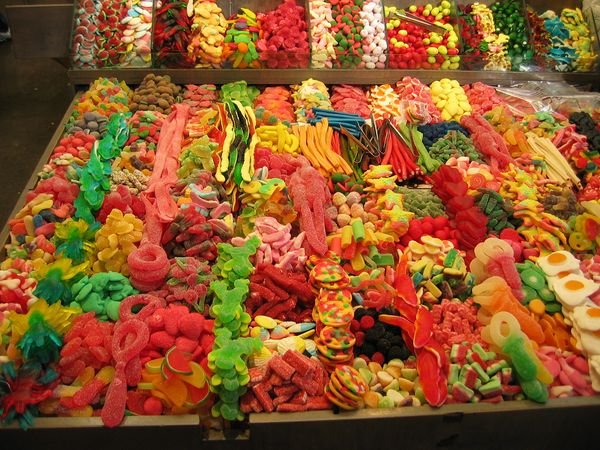
11. Foie gras banned in most of Europe and USA
When translated from French, Foie gras means fat liver. It’s a dish that is made out of goose/duck liver and is softer and more delicious than any other part of their body [when cooked, jeez]. The reason behind that is, the ducks are forced-fed with tubes being forced down their throats with fat to enlarge the liver. The dish is banned in Europe (except France) and in many states of the USA on ethical grounds.
